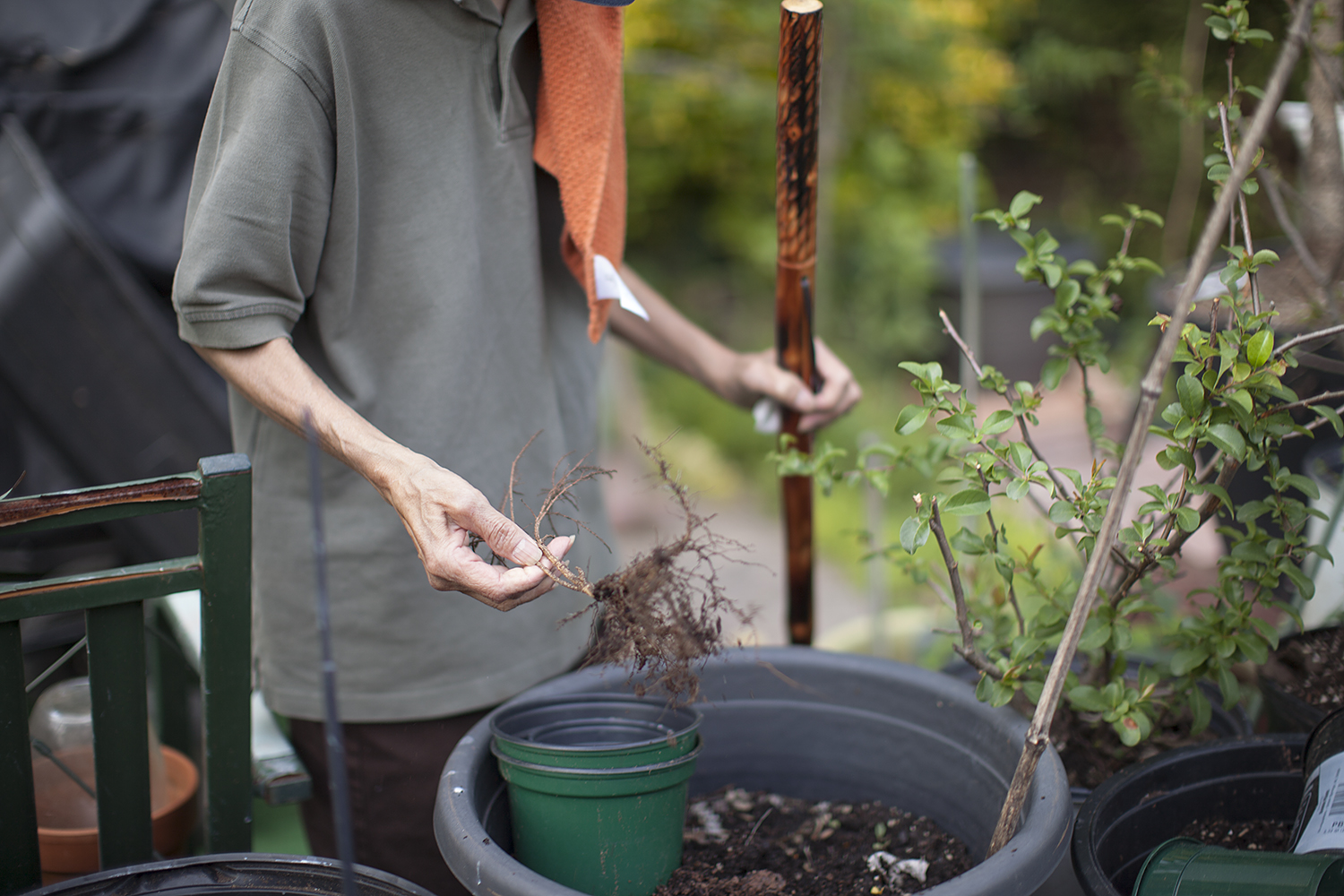




















My mother was like the earth- ripe tomatoes and fennel and cut grass and fertilizer. She was a wide-brimmed straw hat, streaked with dirt, fraying slightly at the edges from the sun. Her hands gave life to string beans and cucumbers and bell peppers and me. Everything she touched was green.
In August of 2014, Evelyn Quimby was diagnosed with Amyotrophic Lateral Sclerosis- more commonly known as ALS, or Lou Gherig’s disease. ALS is a progressive neurodegenerative disorder, attacking the cells in the brain and spinal cord that control voluntary muscle movement. Early signs of the disease include difficulty speaking and swallowing, and progressive weakness in the hands, legs, and feet. ALS does not affect cognition or brain function. Doctors do not know what causes ALS or why people develop it. Most people with ALS survive only 2-5 years after their first symptoms develop- less than 10% will live more than 10 years. There are no treatments, no cures, and no recovery.
My mother is approaching year four after her diagnosis. She can’t lift her arms to shake cherries from her fruit trees, anymore. She cannot harvest the last of the season’s squash. She sits nearby while my father turns the soil for her. She shows her aides which plants to move inside to save from the frost. My sister and I empty plastic pots of dried leaves and dead roots. We watch her wilt.
I have lived away from my family for most of the last four years. I do not know my mother’s doctors, and I have watched different aides come and go. My sister is listed on my mother’s Power of Attorney forms, but I am not. I experience my family’s life in chapters, in episodes, in sentences. I am a casual participant in the lives of the most important people in mine.
My mother watches the weather channel from her hospital bed in the living room. I ask her why- she replies that she’s waiting for a storm.
I tell her: the storm is here.
This work is ongoing.